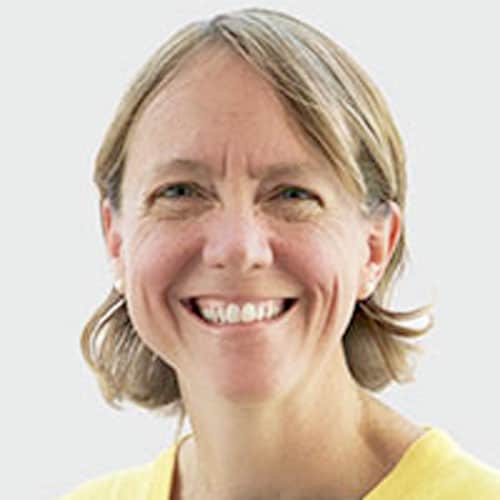The University of Rochester’s Office for Global Engagement is home to the services, programs and staff that support international research and engagement, study abroad opportunities, and students that come to Rochester from 138 countries to study here.
Making the world ever better is part of our identity. Below are some highlights of global growth, research, engagement, and achievement.
Big Honors in 2017
Rochester graduate Richard Thaler receives 2017 Nobel Prize
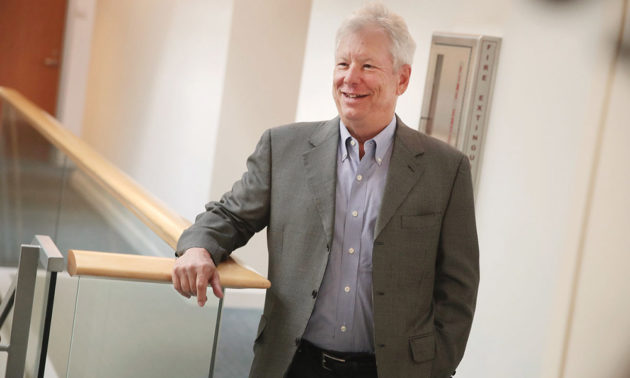
Richard Thaler ’74 (PhD), who earned his graduate degrees at the University of Rochester, received the 2017 Nobel Prize in Economic Sciences for his contributions to behavioral economics. With the announcement of his receipt of the 2017 Nobel Memorial Prize, he joins eight other Rochester graduates or faculty who have won this most prestigious international recognition. Some of the additional University honors in 2017 were:
- X.-C. Zhang, M. Parker Givens Professor in The Institute of Optics, won the 2017 Humboldt Prize. The Humboldt Prize, also known as the Humboldt Research Award, is an award given by the Alexander von Humboldt Foundation to internationally renowned scientists and scholars.
- Gretchen Birbeck, the Edward A. and Alma Vollertsen Rykenboer Professor of Neurology, was recognized by the American Neurological Association with one of its 2017 scientific awards for her research on the neurological damage associated with malaria in sub-Saharan Africa. Birbeck was recognized with the ANA’s Soriano Lectureship. During her presentation, Birbeck described research to blunt neurological consequences –behavioral disorders, cognitive impairment, and seizures – that can often accompany cases of pediatric cerebral malaria. Read more here.
- Nick Vamivakas, associate professor of quantum optics and quantum physics, and Stavros Demos, senior scientist and Optical Materials Group leader at the Laboratory for Laser Energetics, were both elected Fellows of the Optical Society (OSA). Fellows are elected to recognize members who have served with distinction in the advancement of optics and photonics.
International Student Engagement
‘Our goal was simple: we wanted to help as many people as we could’
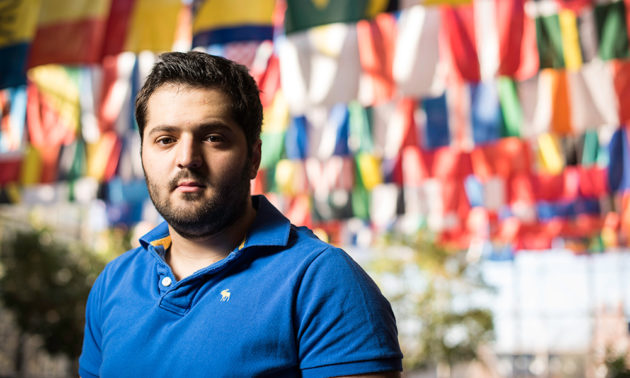
Omar Soufan ’17, along with friend and classmate and Ibrahim Mohammad, established a health clinic for refugees along Lebanon’s border with Syria. “I made a promise that I was going to make a difference,” he says. “I’m going to keep that promise.”
Anis Kallel: ‘I want to make a difference’
Anis Kallel, winner of the annual Charles and Janet Forbes Entrepreneurial Competition, submitted a plan for EcoFemina, which seeks to provide hygiene products for girls in developing nations. The United Nations reports that only 43 percent of girls in impoverished nations attend secondary school, in large part because they have limited access to female hygiene products. EcoFemina has identified Tunisia as a test nation and is negotiating a deal with UNICEF to bring the products to the refugee community.
‘Team Meliora’ builds refugee homes from recycled plastics
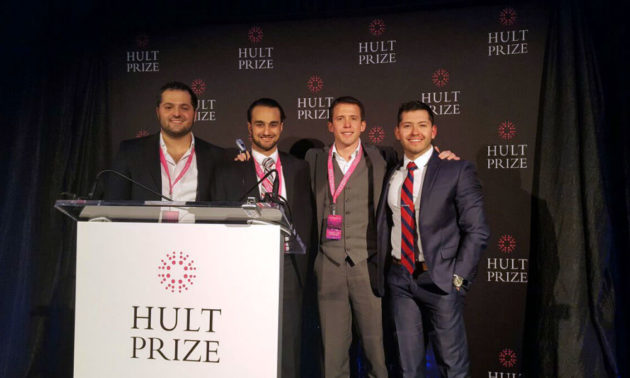
A team of University undergraduates was among the finalists at the Hult Prize competition. The Hult Prize is the largest social entrepreneurship competition in the world and is co-sponsored by the Hult International Business School and the Clinton Global Initiative. The team’s startup company, Meliora Homes, builds homes for refugees from recycled plastics. The technology for using recycled plastics to build houses was created by the Colombian company Conceptos Plásticos, and already has been used in that country. Team Meliora hopes to take the technology to Egypt, Lebanon, Morocco, Palestine, Syria, and Turkey.
International Faculty Engagement
Solving Wicked Problems
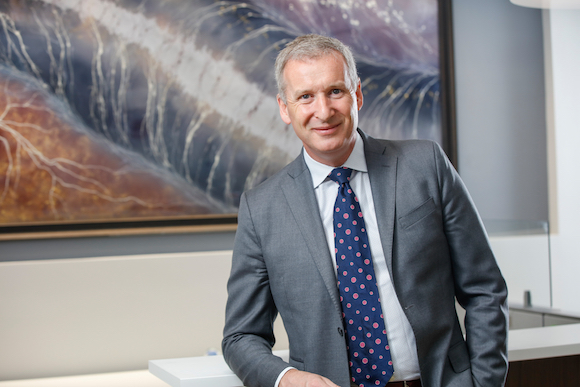
Autism. Parkinson’s disease. Addiction. Fifteen percent of the world’s population suffers from a major neurological disorder. Confronting these truly wicked problems demands a bold approach. At the University of Rochester’s Del Monte Institute for Neuroscience, John Foxe is taking that approach. He is building teams of internationally regarded neuroscientists to help “unravel the deep mysteries of the brain” and ease the suffering of millions. Watch the video.
The Future of the Past: Discovering Ancient Transcripts with Gregory Heyworth
Trained as a scholar of medieval literature, University of Rochester English Professor Gregory Heyworth has become a “textual scientist.” He recovers the words and images of cultural heritage objects that have been lost, through damage and erasure, to time. To rescue them, he and collaborators on the aptly named Lazarus Project use a transportable multispectral imaging lab—the only one in the world—to make the undecipherable, and even the invisible, legible again.
Romanian professors hone entrepreneurial skills at Ain Center
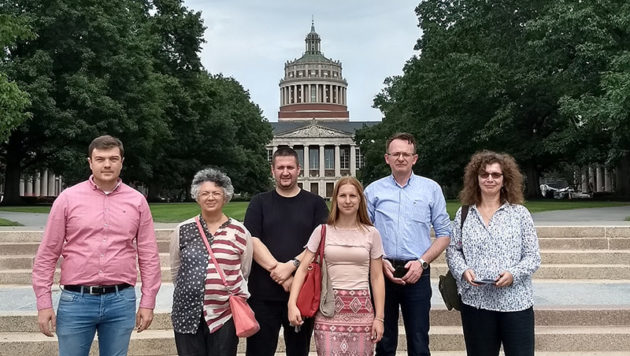
The Romanian Professor Entrepreneurship Education and Networking Program is funded by the Romanian-American Foundation and conducted in partnership with the Fulbright Commission. The Ain Center was chosen in 2016 as the host site by the Council on International Educational Exchange (CIEE), which managed the application and selection process on behalf of the Romanian-American Foundation. Fifteen schools applied, and Rochester was the only one chosen.
Tibet sediments reveal climate patterns from millions of years ago
The Tibetan Plateau in China experiences the strongest monsoon system on Earth, with powerful winds—and accompanying intense rains in the summer months—caused by a complex system of global air circulation patterns and differences in surface temperatures between land and oceans. Carmala Garzione, a professor of earth and environmental sciences at the University of Rochester, and Junsheng Nie, a visiting research associate at the University, surveyed sediment samples from the northern Tibetan Plateau’s Qaidam Basin and were able to construct paleoclimate cycle records from the late Miocene epoch of Earth’s history, which lasted from approximately 11 to 5.3 million years ago.
International rankings
-
Forbes America’s Top Colleges: Best U.S. Colleges for International Students: No. 27
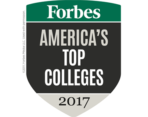
-
U.S. News & World Report Best Global Universities: Top 100
-
Reuters World’s Most Innovative Universities: No. 76
-
Performing Arts QS World University: Top 20
-
Financial Times Business Schools: No. 2 in Finance and No. 5 in Economics

